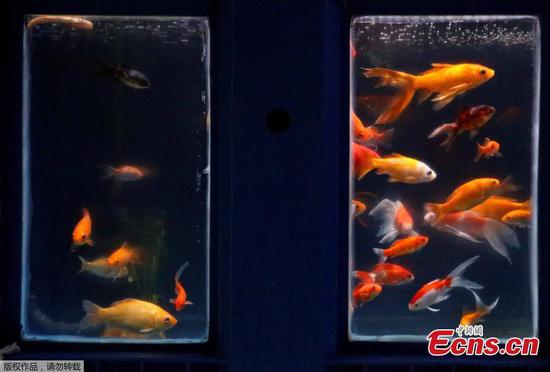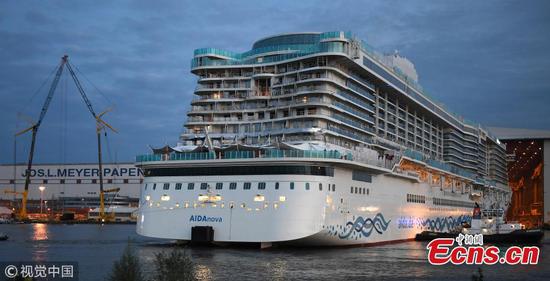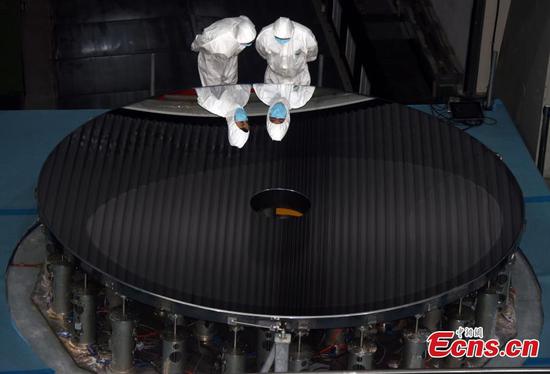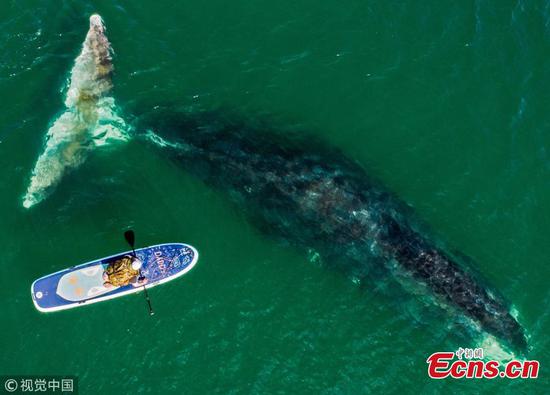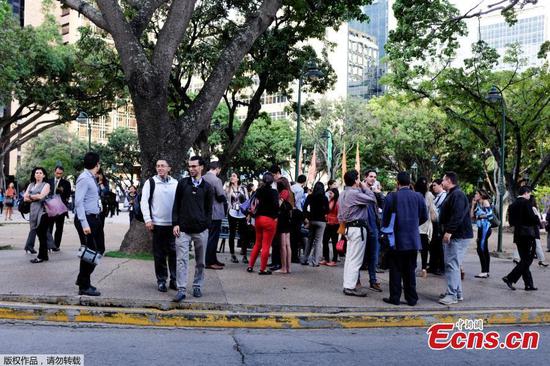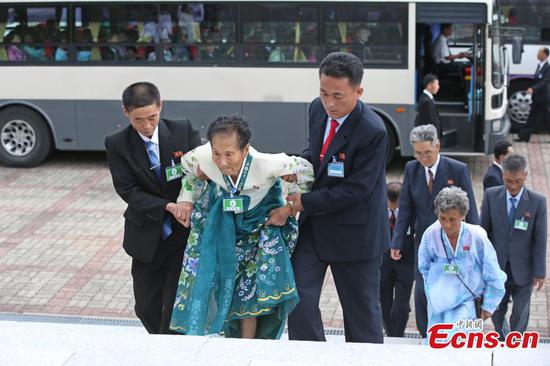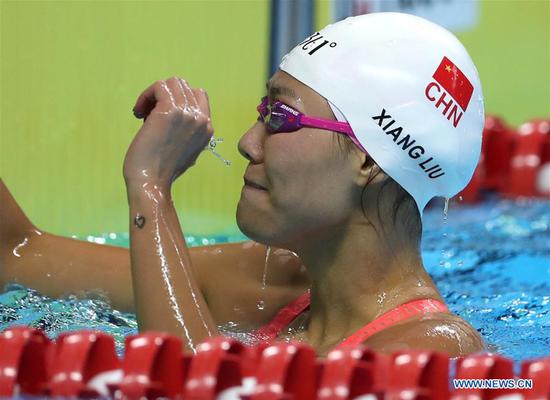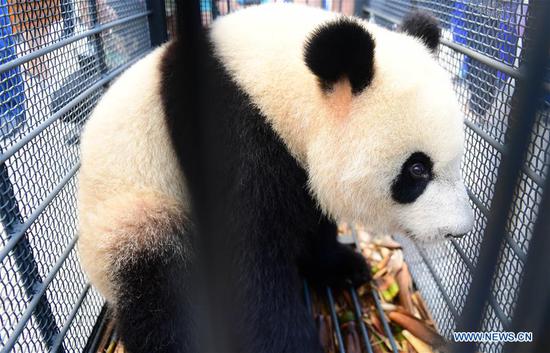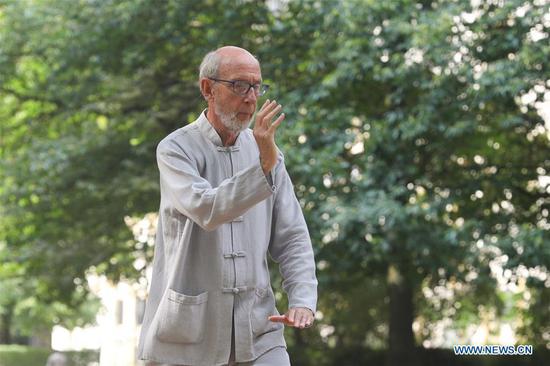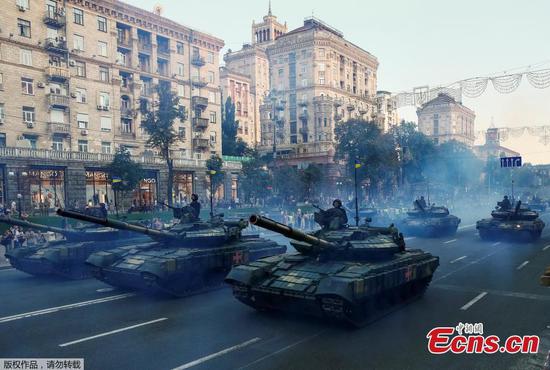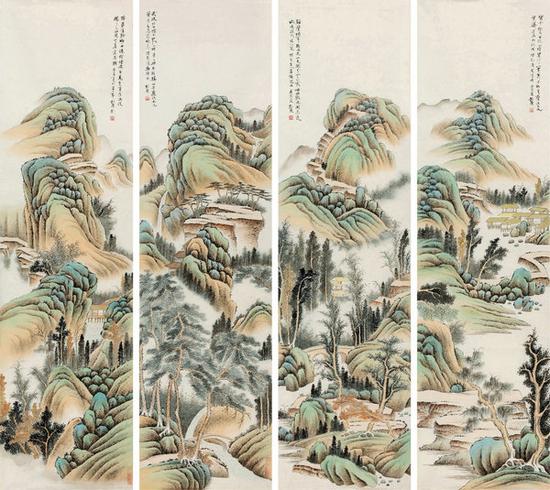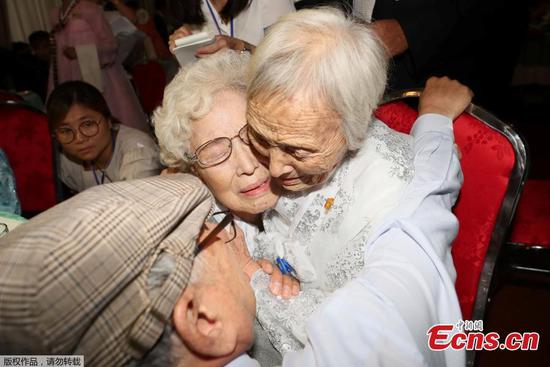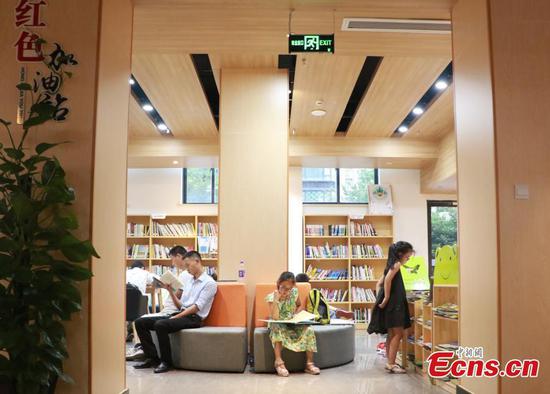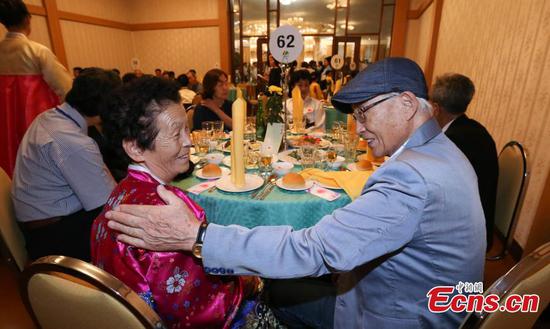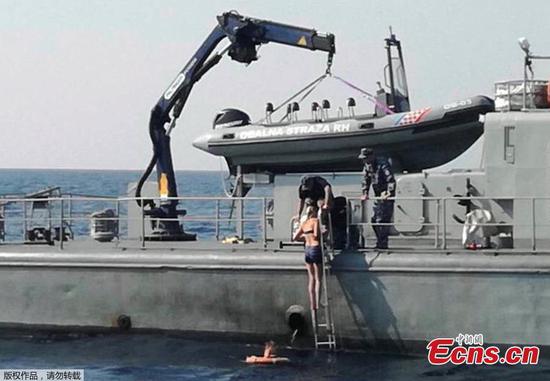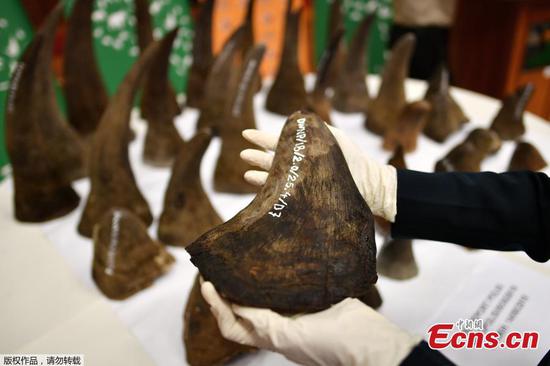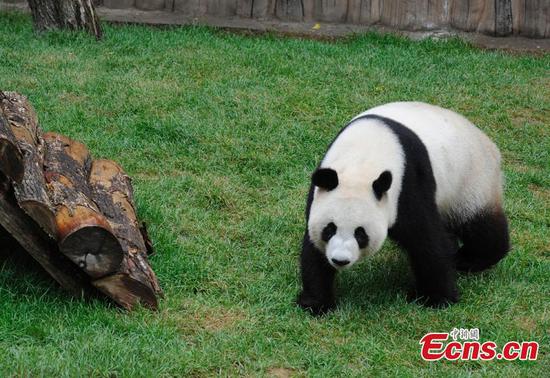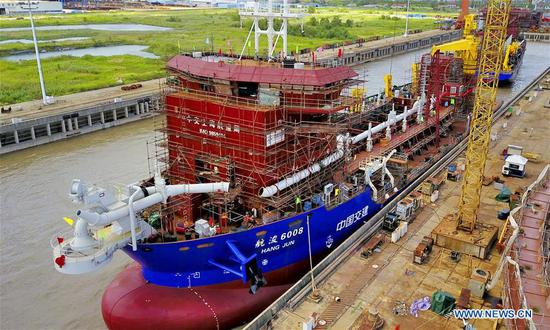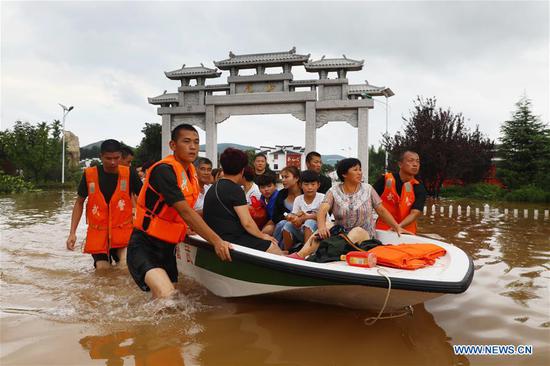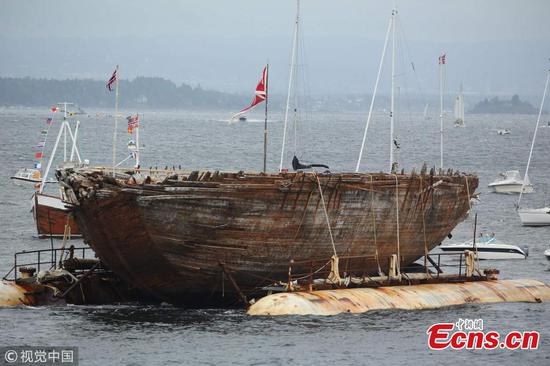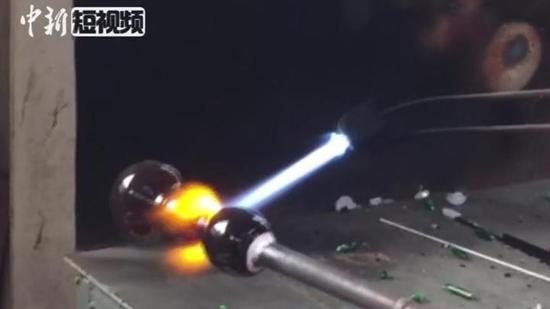Economic benefits
The U.S. National Security Strategy released in December labeled China, along with Russia, as a revisionist power and strategic competitor to the U.S.
Gary Hufbauer, a nonresident senior fellow at the Peterson Institute, said analysis by himself and his colleagues shows that economic interdependence has been very beneficial for the U.S.. But he said that as long as Trump is president, there will be less interdependence of trade and investment.
"This is highly regrettable, and will cost both countries in terms of innovation and economic performance," said Hufbauer, a former deputy assistant secretary for international trade and investment policy at the U.S. Treasury Department.
In 2014, Hufbauer and his colleagues Fred Bergsten and Sean Miner coauthored the bookBridging the Pacific: Toward Free Trade and Investment Between China and the United States, in which they argue that both countries will benefit enormously from free-trade and investment accords.
Douglas Paal, vice-president for studies at the Carnegie Endowment for International Peace, said the goal of many in the U.S. administration and Congress is to reduce or even try to eliminate economic interdependency.
"It's called 'delinking' the two economies. I don't think either government realizes what the price of this might be," Paal said.
In recent articles, Roach, from Yale University, has refuted U.S. attacks on China's industrial policy, arguing that many industrialized nations have, or had, such policies.
He also dismissed the notion that foreign companies are forced to transfer their intellectual property rights in forming joint ventures in China.
"Yes, as we joined with our partners in creating China's first investment bank, we shared our business practices, proprietary products and distribution systems. Yet, contrary to the assertions of the USTR (U.S. Trade Representative), we were hardly forced into these arrangements," he said, citing his experience of forming Morgan Stanley's joint venture with China Construction Bank to establish China International Capital Corp in 1995.
Roach said the two governments should cease and desist on tariffs. "Tariffs are bad-there is no such thing as a good trade war," he said, rebutting a Trump tweet earlier that said "a trade war is good and easy to win".
Roach said the two countries should focus on building a more robust WTO framework to handle trade disputes within the structure of the rules-based system that both have long supported.
He warned that over time, there is a risk that perception becomes reality-that the U.S. starts to believe that China is stealing proprietary technologies, and China believes that the U.S. is attempting to contain its peaceful rise.
"The longer the current dispute festers, the greater the chance those beliefs become deeply ingrained in the collective conscience of both nations. The urgency to resolve the current tensions cannot be emphasized enough," Roach said.









